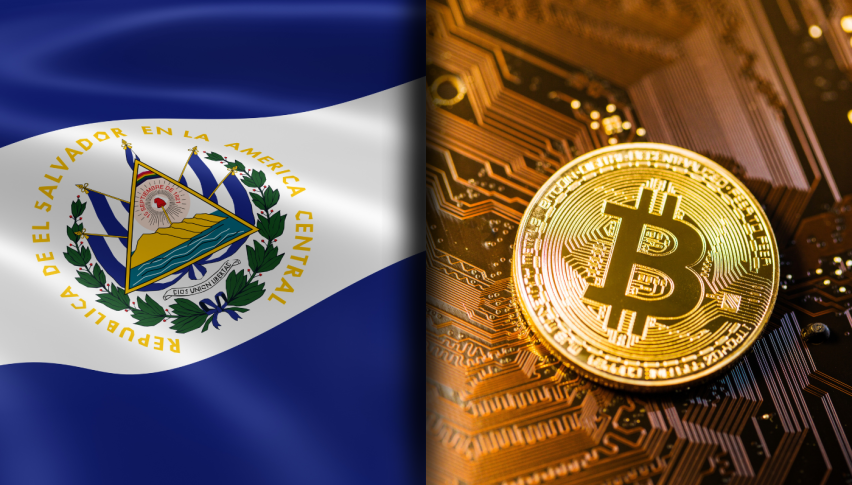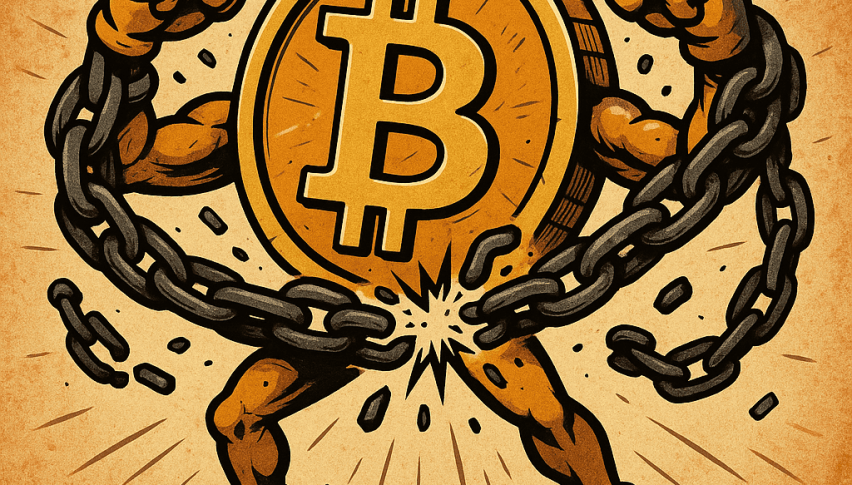El Salvador’s Bitcoin Visa Fails to Attract, Brazil Eyes Tax on Stablecoin Remittances
El Salvador’s Bitcoin Millionaire Investor Visa program has yet to deliver. Despite marketing itself as a crypto paradise, El Mundo reports

El Salvador’s Bitcoin Millionaire Investor Visa program has yet to deliver. Despite marketing itself as a crypto paradise, El Mundo reports that no freedom passports have been issued under the program.

The “Adopting Bitcoin” initiative was supposed to offer visas to investors who would donate $1 million in Bitcoin (BTC) or Tether (USDT) to El Salvador, with a goal of 1,000 investors and $1 billion.
According to records from the General Directorate of Migration and Immigration, the agency in charge of processing these applications, there is zero activity under the program.
This lack of interest raises question on the appeal of El Salvador’s Bitcoin policies, and whether regulatory improvements and personal security will be enough to attract the high profile investors they are looking for.
Discover the latest in Latin America's crypto landscape: El Salvador's Bitcoin Visa program faces scrutiny, Brazil considers taxing stablecoin remittances, and a Bolivian bank introduces USDT services. Stay informed with the full report here: https://t.co/QMWD4AiuW1
— Bony Bean (@bonybean) November 4, 2024
Brazil to Tax Stablecoin Remittances
As stablecoins grow in Brazil, the Central Bank of Brazil is studying to tax stablecoin remittances. The tax measure is part of a broader regulatory overhaul and could be included in next year’s cryptocurrency rules. Industry players say the proposed regulations will have separate licenses for service types.
For example, companies offering stablecoin exchange services will need a different license than those offering other virtual assets.
In Brazil, stablecoins are considered financial assets not currency, different from the dollar in terms of regulation. Dollar purchases have a financial transaction tax, but stablecoins as proxies of the US dollar are tax free.
By taxing stablecoin remittances, Brazil’s central bank wants to harmonize crypto regulations with traditional currency transactions, which could impact how stablecoins are used for cross border payments.
Brazil’s Proposed Tax Changes:
Stablecoins are financial assets not currency.
Different licenses for different services.
New tax will affect remittance practices and fees.
Bolivia Welcomes Stablecoin with Bank’s USDT Services
Bolivia is seeing stablecoin adoption as private institutions enter the cryptocurrency market. Bisa Bank, Bolivia’s 4th largest bank, has launched USDT services, allowing customers to buy, sell and store the stablecoin. This will give Bolivian users a secure dollar proxy to manage their assets safely within the banking system.
According to Yvette Espinoza, president of Bolivia’s banking system watchdog ASFI, the launch of USDT services supports the country’s efforts to integrate stablecoin solutions that brings stability and accessibility to users.
As USDT becomes a dollar alternative, Bolivia joins other Latin American countries in adopting stablecoins, and potentially increases financial inclusion in times of economic challenges.
In short, different strokes for different countries. El Salvador’s Bitcoin visa doesn’t deliver, Brazil is taxing stablecoins and Bolivia is embracing stablecoin through banks.
- Check out our free forex signals
- Follow the top economic events on FX Leaders economic calendar
- Trade better, discover more Forex Trading Strategies
- Open a FREE Trading Account



